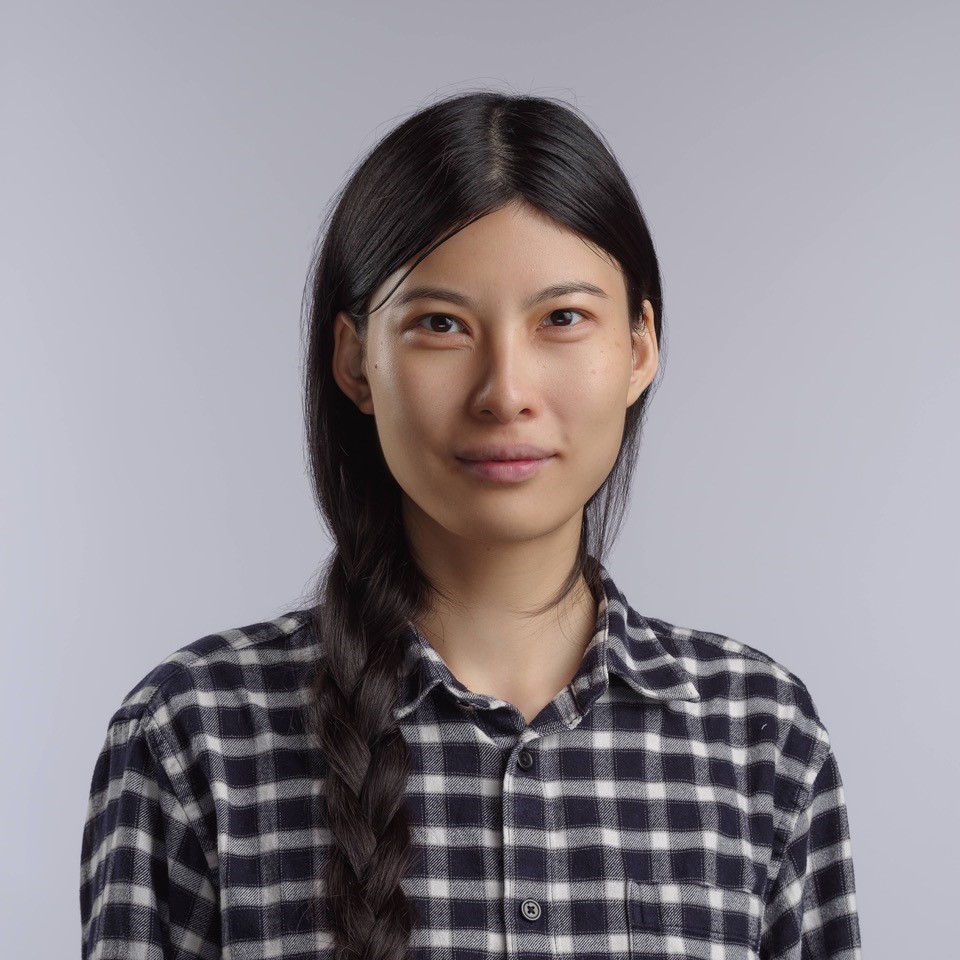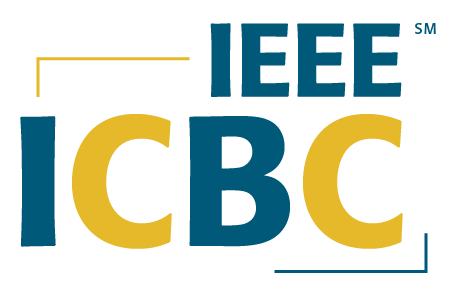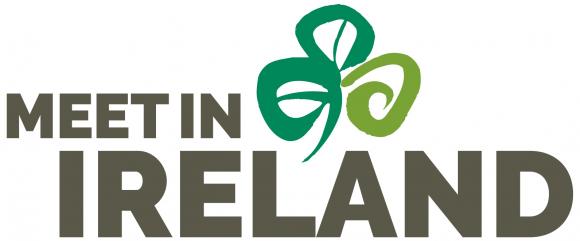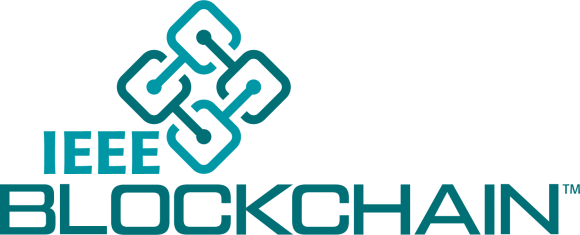Keynote Speakers
Stuart Alderoty, Chief Legal Officer, Ripple
Jiahua Xu, Associate Professor, UCL; Head of Science, DLT Science Foundation
Jan Camenisch, CTO, DFINITY Foundation

KEYNOTE 1
Stuart Alderoty,
Chief Legal Officer,
Ripple
VITA:
Stuart Alderoty is the Chief Legal Officer at Ripple, overseeing the legal, compliance and regulation departments. Stuart brings more than 30 years of legal experience to the role with expertise in financial services and regulatory affairs. He’s been General Counsel and part of the executive leadership teams at CIT Group and HSBC North America Holdings. Stuart also was Managing Counsel at American Express where he served on the leadership team of the President and CEO of American Express’ Consumer Card Business. Stuart began his career in private practice and was a partner with the international law firm of LeBouef, Lamb, Greene and MacRae where he specialized in complex litigation.

KEYNOTE 2
Jiahua Xu
Associate Professor,
University College London
Head of Science,
DLT Science Foundation
Title: Piercing the Veil of TVL: DeFi Reappraised
Abstract:
Total Value Locked (TVL) has been the standard metric for gauging the size and popularity of Decentralized Finance (DeFi) protocols and ecosystems. Despite its widespread usage, TVL suffers from significant "double counting" issues, leading to inflated and misleading representations of actual value. In this talk, we explore the fundamental mechanics of DeFi protocols to uncover the root causes of double counting, both across and within protocols. We lay out how double counting should be eliminated from the bookkeeping and financial reporting perspective.
We further propose a new framework, Total Value Redeemable (TVR), designed to provide a more accurate and truthful measure of the value contained within DeFi protocols. Our empirical findings demonstrate a stark discrepancy between reported TVL figures and the newly proposed TVR, with differences peaking at $139.87 billion and a TVL-to-TVR ratio reaching approximately 2. Importantly, TVR proves to be a more stable and reliable metric, particularly during market downturns.
This talk will not only challenge existing valuation frameworks within DeFi but also set the stage for more robust and truthful financial metrics that better reflect the actual economic realities of the DeFi ecosystem.
VITA:
Dr. Jiahua Xu is Associate Professor in Financial Computing at UCL, where she teaches Blockchain Technologies and Digital Finance. She serves as Programme Director of the MSc Emerging Digital Technologies under the UCL Computer Science Department, as well as Head of Science at the DLT Science Foundation. Dr. Xu teaches FinTech courses at various institutions, including EPFL, London Business School, and Center for Latin American Monetary Studies. She visited and has ongoing research collaboration with Harvard Business School, Imperial College London, and Vienna University of Economics and Business. Her research interests lie primarily in blockchain economics, behavioural finance, and risk management. She has published academic papers in top tier conferences in computer science as well as renowned journals in economics and finance.

KEYNOTE 3
Jan Camenisch,
CTO,
DFINITY Foundation
Title: The future of compute is blockchain
Abstract:
Cybersecurity is becoming our next big global challenge. The cost caused by cybercrime damages as well as the money spent on IT security is ever increasing. With AI as a new tool to cybercriminals, this trend will very likely accelerate. The root problem is that the current IT stack is inherently insecure as it has grown organically with security requirements initially not being considered and later addressed only by bolt-on solutions such as firewalls, virus scanners, and intrusion detectors. This makes it nearly impossible to build and operate secure applications on this stack.
Nevertheless, there is a very prominent application that runs on the current IT stack and that has never been hacked despite being probably the largest honey-pot ever and despite the insecurity of the current stack: the bitcoin network. It obtains security by taking a radically different architectural approach: it is a distributed state machine realized by a cryptographic protocol, or as we say today, a blockchain.
It may seem that although successful generalizing bitcoin makes no sense: the bitcoin network has a slow transaction speed and limited throughput, its computational capacity is barely enough to maintain a ledger, nor is it Turing complete, and, despite these limitations, it consumes huge amounts of energy. In this talk we discuss how the principle of blockchain can be scaled to replace the current IT stack as a platform to build secure applications. In particular, we will look at the Internet Computer Protocol (ICP), a blockchain that has been designed from scratch with the explicit goal to provide all compute capacity that the world needs and to fundamentally address cybersecurity. We will discuss the protocol’s architecture and the different design challenges and decisions that were made. We conclude with an assessment to what ICP already achieves today and what is still required to be done towards the vision of all of humanity's software running on blockchain.
VITA:
Jan Camenisch is CTO at the DFINITY Foundation and Director of the DFINITY Zurich Research Lab, building the Internet Computer. He also serves on Sovrin‘s Technical Governance Board. Before joining DFINITY, Jan was a Principal Research Staff Member at IBM Research – Zurich, where he was leading the Privacy & Cryptography research team and was a member of the IBM Academy of Technology.
He is a leading scientist in the area of privacy and cryptography and a Fellow of the IACR, IEEE, and ACM. Jan has published over 140 widely cited papers, was granted about 140 patents worldwide, and has received a number of awards for his work, including the 2010 ACM SIGSAC outstanding innovation award, the 2013 IEEE computer society technical achievement award, and the 2018 IFIP Kristian Beckman award.






